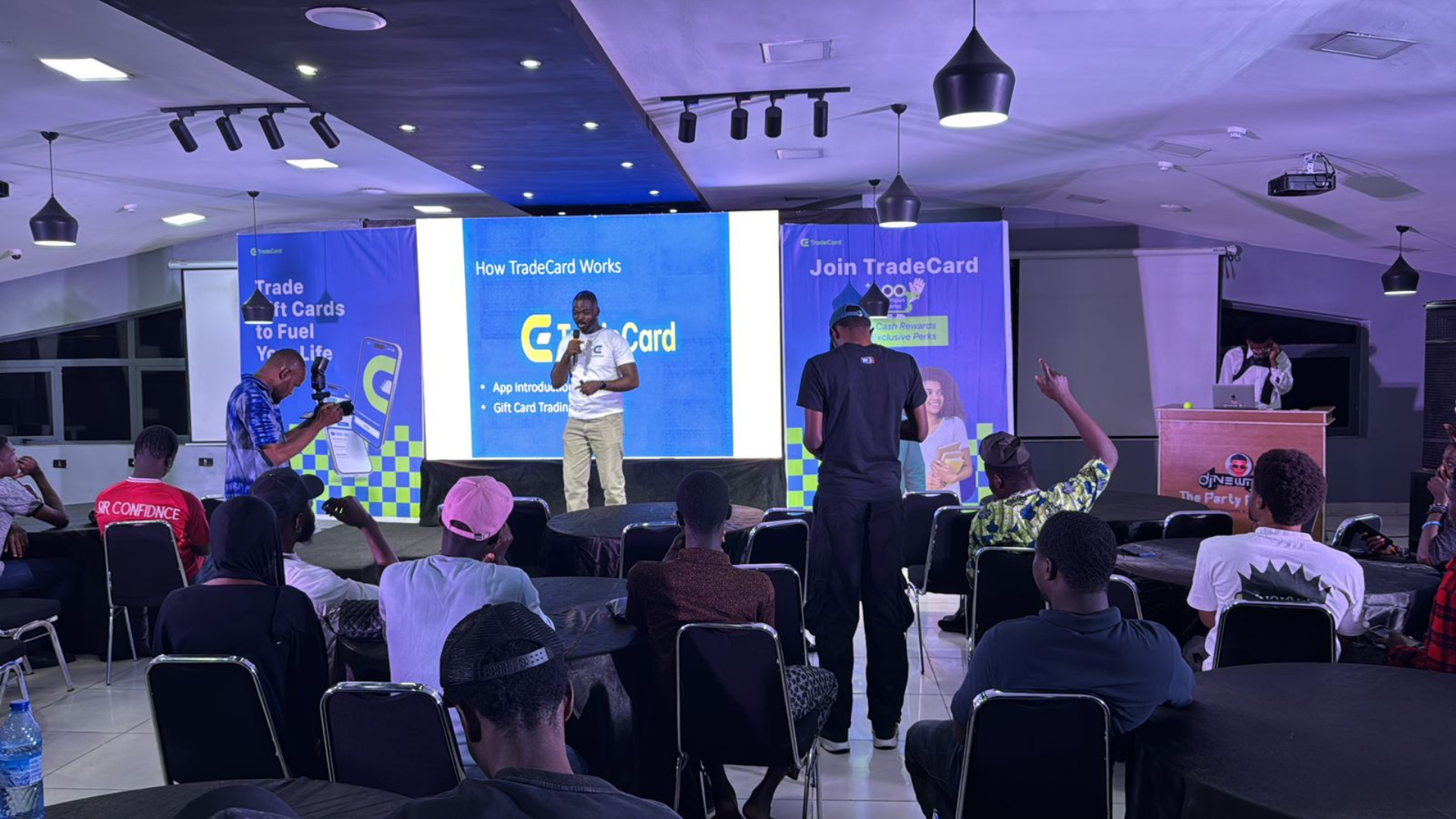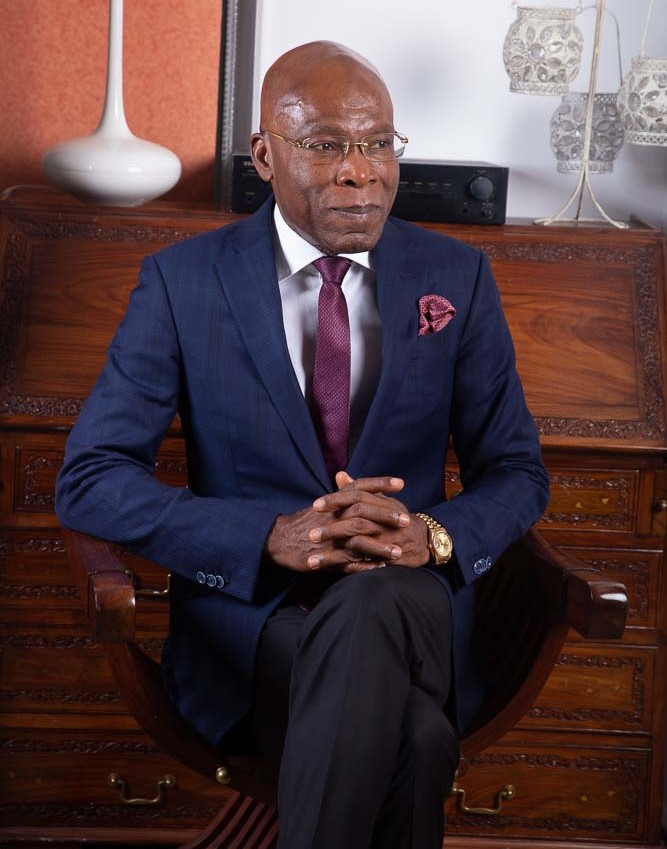Daily commuting in Nigeria, especially for low-income workers, remains one of the toughest barriers to accessing work, healthcare, and education. Transport costs continue to rise, forcing families to cut back on other essentials.
To address this, Harvesters Africa Empowerment Foundation (HAEF) has partnered with TradeCard to launch the “Routes of Hope” initiative, a programme that introduces affordable, co-branded bus services across high-need routes in Lagos.
In this interview with Atlas News, Diepriye Okunye-Olu, a representative of HAEF, explains why TradeCard was chosen as a partner, how the programme will directly impact communities, and why the foundation believes corporate-NGO collaboration is the future of sustainable development in Nigeria.
From Harvesters Foundation’s side, why was TradeCard the right partner for this initiative?
TradeCard has a strong digital presence and credibility among young Nigerians, which makes them ideal to amplify our grassroots work. More importantly, they were willing to commit resources and co-own the impact measurement, and that gave us confidence.
How does this partnership align with your mission as a foundation?
Our mission is to empower communities with dignity and opportunity. Transportation is one of the biggest daily challenges low-income earners face. This initiative directly addresses that pain point, while fitting into our broader goals of access, equity, and empowerment.
What role will Harvesters Foundation play in ensuring communities engage with the initiative?
We will mobilise our community networks to drive awareness and uptake. We will also collect commuter feedback through surveys and field visits. This will help us refine the services so they meet important needs.
What direct impact should the communities expect to see?
First, reduced commuting costs, which means families can redirect funds to education, healthcare, and food. Secondly, the programme shows that CSR can be practical, community-driven, and sustainable. It sets a new model for how NGOs and corporates can co-design solutions.
How do you see this partnership shaping the future of collaboration in Nigeria?
It demonstrates that meaningful impact is achieved when private companies and NGOs work together, not in silos. We hope this will inspire similar efforts in healthcare, housing, education, and other critical sectors.
Will other stakeholders be able to plug into this initiative?
Absolutely. We invite government, corporates, and NGOs to co-sponsor routes, provide complementary services, or align their CSR with ours. Collaboration is the only way to scale sustainable impact.
If you were to describe the significance of this initiative in one sentence, what would it be?
It shows the power of corporate responsibility, how private companies can give back by addressing community needs in a sustainable way.






